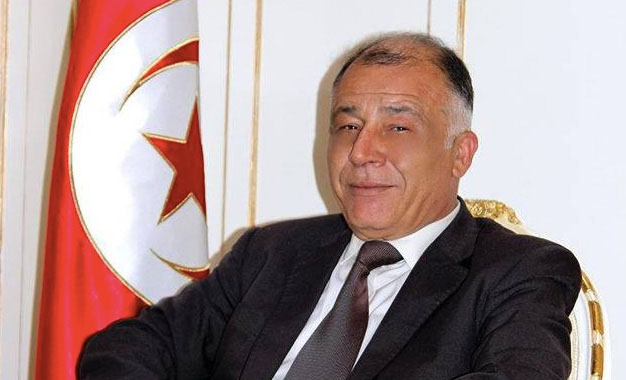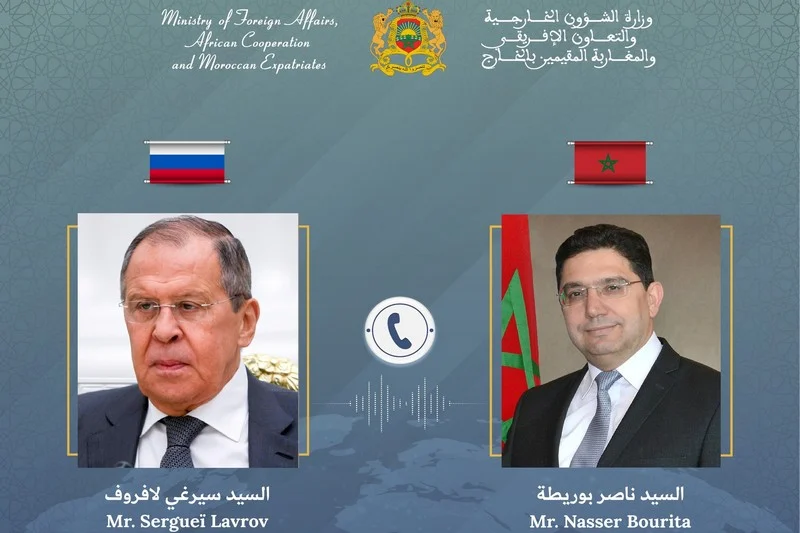The vassalization of Tunisia by Algeria continues to draw criticism among the Tunisian political class. Recently Neji Jelloul, a political party leader, called on Tunisian authorities to safeguard the country’s sovereignty by returning to positive neutrality in the Algeria-instigated conflict over the Sahara territory.
Tunisia, under President Kais Saied, has irked Morocco when it rolled the red carpet to the head of the Polisario self-proclaimed republic during a Japan-Africa summit in summer 2022. Morocco recalled its ambassador from Tunis, while the latter doubled down on its provocation by recalling its ambassador and aligning itself with the military regime in Algiers.
“Tunisian authorities should at least adopt a position of positive neutrality because there is a possibility of resolving this conflict (Sahara issue) which has become more of a historic issue than a political or economic one,” Jelloul, head of the National Coalition party told Hespress news website.
“I see that Morocco has historic rights in the Sahara. Therefore, the solution is possible by sitting on the negotiation table and Tunisia should have been a mediator,” he said, urging his country to restore good ties with Morocco.
He said Tunisia should not abide by Algeria’s dictates in undermining the Maghreb union. “I believe in the Maghreb Union and complementarity. We are five independent states and no one should practice paternalism over the other,” he said.
Algeria’s president Tebboune has announced that he works for the creation of a new Maghreb entity and had said that Tunisia and western Libya had agreed to that. Soon after, both eastern and western Libyan authorities denied they have agreed to a scheme that would replace the Maghreb union known as AMU.
Tunisia has not reacted to Tebboune’s statement. Regional media, however, reported that Kais Saied has abandoned a trip to Nouakchott after Mauritania distanced itself from Tebboune’s schemes to create an entity that would serve Algeria’s hegemonic agenda in the region.
Tunisian analysts have often deplored the fact that their country is now reduced to an Algerian vassal state where Algerian security services have acted with impunity arresting dissidents such as Slimane Bouhafs.
The Tunisian case also shows the mindset among the ruling elites in Algeria who conceive regional cooperation as only possible if the state becomes an Algerian proxy that subordinates its policy to the priorities of Algiers.



